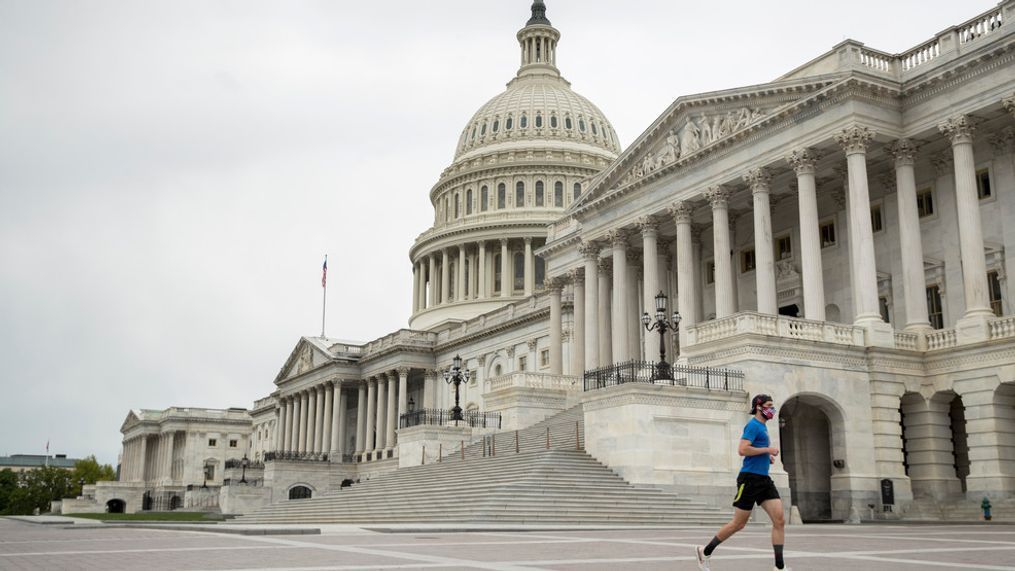Lawmakers continue to hammer out what will be in next relief package

WASHINGTON (SBG) – A old, but new, look at the White House Friday afternoon: Press Secretary Kayleigh McEnany held her first briefing at the White House. She spent much of it defending President Trump's handling of the coronavirus pandemic.
When asked about Georgia's decision to reopen,McEnany said the president is set on letting states take the lead: "It's the decision of governors to decide what is best for their states. This president has always sided on the side of data, which is why he encourages all states to follow the data driven guidelines to reopening."
As a majority of states begin relaxing at least some rules, others are extending them. New York's Governor Andrew Cuomo canceled class for the rest of the school year, saying strict measures countered increased projections.
“That shift in the trajectory reduced by about 100,000, the number of New Yorkers who would have been hospitalized," said Cuomo in his press conference Friday.
So all this inconvenience, all this turmoil, for what? To keep 100,000 people out of hospitals. That's for what.
Lawmakers are also still sorting out what's next and what'll be included in the next relief package, which could have a $1 trillion price tag.
Republicans are suggesting that President Trump's sometimes controversial approach shouldn't hinder good-faith negotiations.
“I can't defend everything he says, but it has been an unprecedented time in history, and we're all trying to do the best job we can," said Texas Republican Rep. Michael McCaul.
In just one month, Congress approved twice the amount of money they typically spend in an entire year on defense and non-defense discretionary spending; some say that's proof of a more bipartisan approach.
“If you would have told me a month ago that Republicans would agree to sick time and family paid leave, funded by the federal government, I told you you're crazy," said Rep. Kurt Schrader (D-Oregon). "If you told me that Democrats would be willing to help these large and small businesses around the country survive at taxpayer expense, I told you you're crazy."
